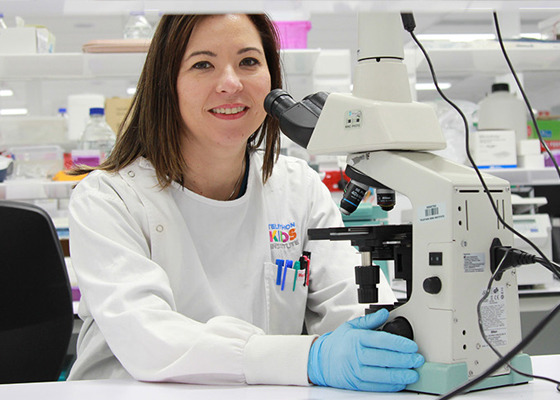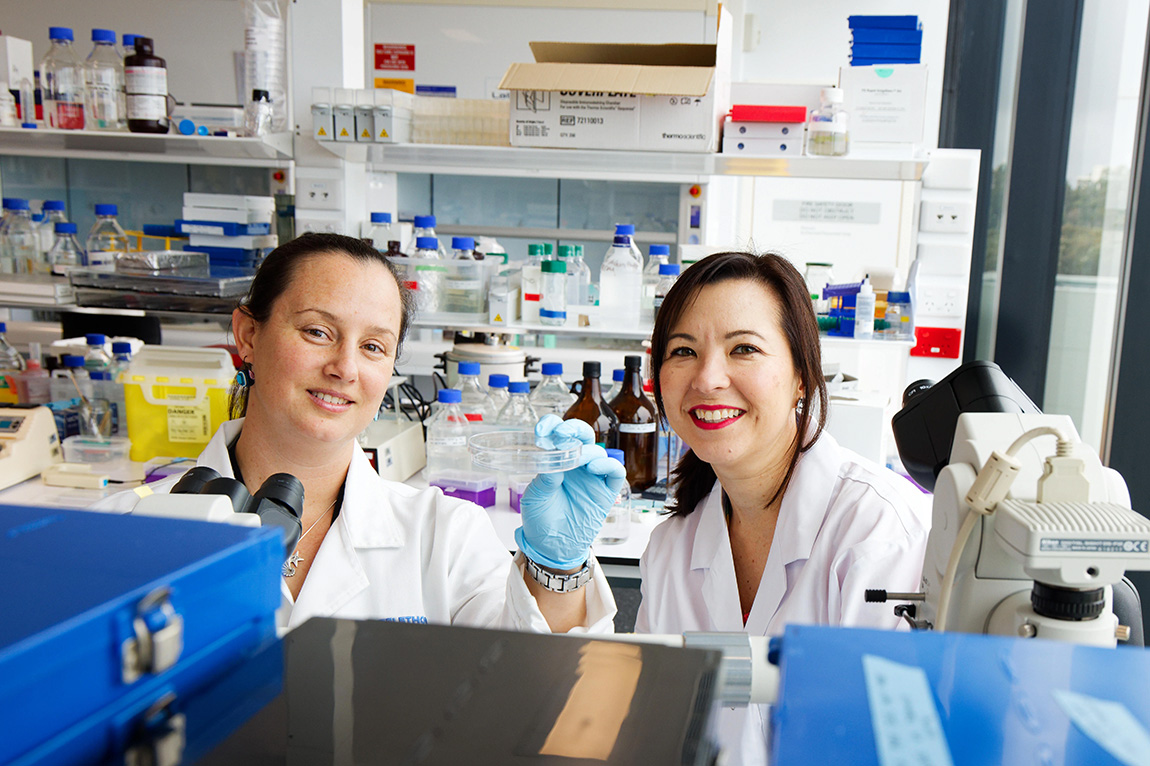Search
Research
Predictors of scoliosis in Rett syndromeScoliosis is a common clinical manifestation of Rett syndrome, a neurodevelopmental disorder that almost exclusively affects girls.

We identify, develop and commercialise the technologies and innovations developed by our scientists and clinicians.

Research Theme
Chronic DiseasesDedicated to preventing and managing chronic conditions in children, such as respiratory disease, diabetes, and cancer. This theme focuses on research to reduce the long-term impact of these conditions on quality of life and healthcare systems.
Research
A Database of the Complications of Obesity in ChildrenThe Obesity Database records the characteristics and medical complications of children with obesity who present to treatment at Princess Margaret Hospital
Research
Down syndrome studies; the transition from secondary school to adulthood: Experiences and life outcomes for youth with an intellectual disability and their familiesHelen Jenny Keely Leonard Downs Bebbington MBChB MPH BApplSci (physio) MSc PhD MClinPsych/PhD Principal Research Fellow Head, Child Disability
Research
Epidemiology of craniofacial anomalies and association with intellectual disabilities in Western Australia: A population based studyHelen Mohammed Leonard Junaid MBChB MPH BDS, MDS, MFDS RCPS (Glasg.), DDPH RCS (Eng) Principal Research Fellow Honorary Team Member +61 419 956 946
Research
Epidemiology of Otitis Media hospitalisations in Western Australia: a retrospective population cohort study (1996-2012)Deborah Hannah Lehmann Moore AO, MBBS, MSc OAM BSc (Hons) GradDipClinEpi PhD Honorary Emeritus Fellow Head, Infectious Diseases Research 08 6319 1427
Research
Establishing nutritional protective and risk factors for allergy in early lifeValerie Verhasselt MD, PhD Head, Immunology and Breastfeeding 0402997617 Valerie.verhasselt@thekids.org.au Head, Immunology and Breastfeeding @
Research
Estimating the Impact And Costs of Antimicrobial Resistance (AMR) at Perth Children’s HospitalAMR is a rapidly growing challenge and has been identified as one of the World Health Organizations top 10 global health threats, with the potential to undo many of the health gains observed over the last century.
Research
Evaluating the use and effectiveness of passive immunization in reducing RSV-associated morbidity in high risk infantsHannah Tom Moore Snelling OAM BSc (Hons) GradDipClinEpi PhD BMBS DTMH GDipClinEpid PhD FRACP Head, Infectious Diseases Research Head, Infectious
